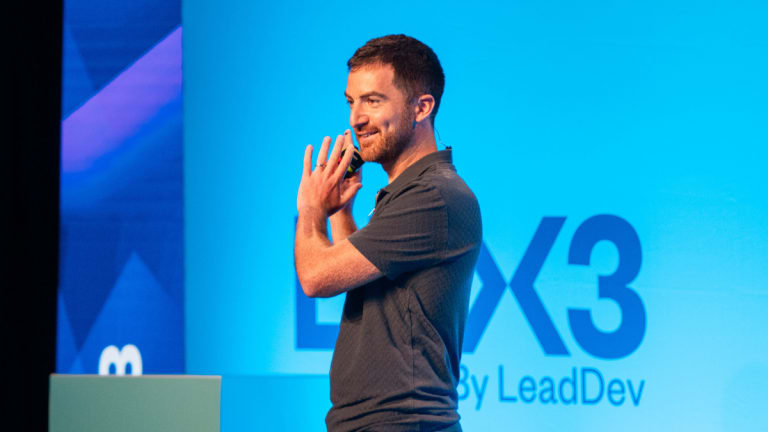Register or log in to access this video
Unearthing the lessons of Y2K to avoid future coding catastrophes and build more sustainable software.
More like this
Remember the Millennium Bug? That looming digital apocalypse that threatened to crash planes, melt down nuclear reactors, and send us all back to the Stone Age? Yeah, that was a thing. And while the world didn’t implode on January 1st, 2000, the Y2K scare left a lasting legacy for software engineers.
This talk isn’t about fear-mongering or rehashing doomsday scenarios. It’s about digging into the technical nitty-gritty of Y2K, exploring the historical context of those infamous two-digit year fields, and unearthing the valuable lessons learned from this global code crisis.
We’ll rewind to the era of punch cards and COBOL, when storage was precious and those extra two digits seemed like an unnecessary luxury. We’ll dissect the cascading consequences of this shortcut, tracing the potential for chaos across interconnected systems and critical infrastructure.
But more importantly, we’ll examine the massive global effort to avert disaster. Think armies of programmers battling legacy code, rewriting systems, and testing for every imaginable scenario. We’ll analyze the successes and the near misses, the strategies that worked and the ones that almost didn’t.
And finally, we’ll fast-forward to the present, drawing parallels to modern software development. We’ll explore the enduring relevance of Y2K in an age of agile methodologies, cloud computing, and ever-increasing system complexity. Think technical debt, long-term maintainability, and the importance of anticipating unforeseen consequences.
This talk is a cautionary tale, a celebration of collaborative problem-solving, and a reminder that even the most mundane coding decisions can have far-reaching implications. So, dust off your debugging tools and join us for a deep dive into the bug that almost broke the world, but ultimately made us better engineers.
Key takeaways
- The Long Shadow of Legacy Code: Understand the lasting impact of past decisions and the importance of proactive maintenance to prevent future crises.
- Anticipate Unforeseen Consequences: Consider the long-term implications of your code, even seemingly minor choices, in an interconnected world.
- Value Collaboration and Communication: Recognize the power of collective effort and open communication in tackling complex challenges.
- Technical Debt is a Ticking Time Bomb: Prioritize managing technical debt to ensure the long-term health and sustainability of your software.





